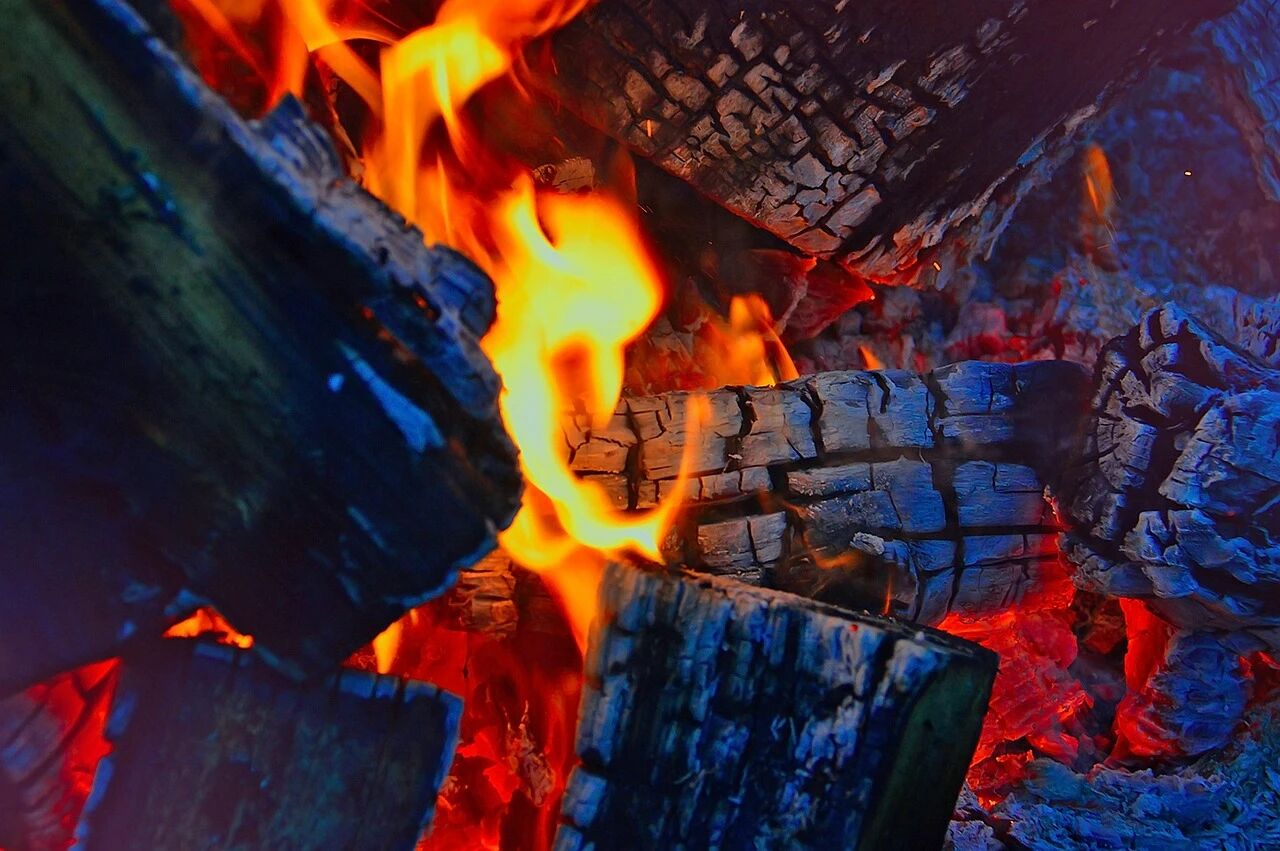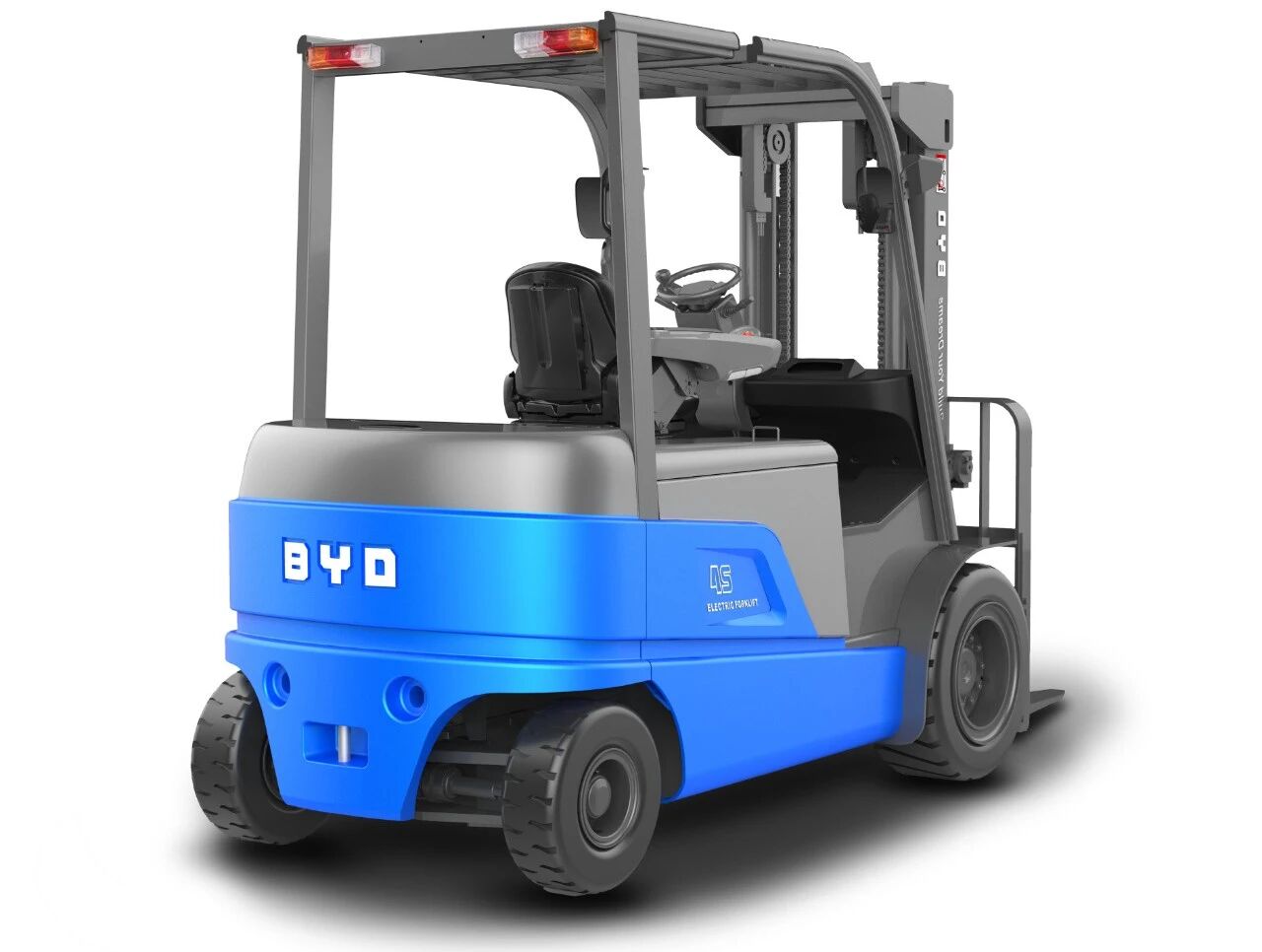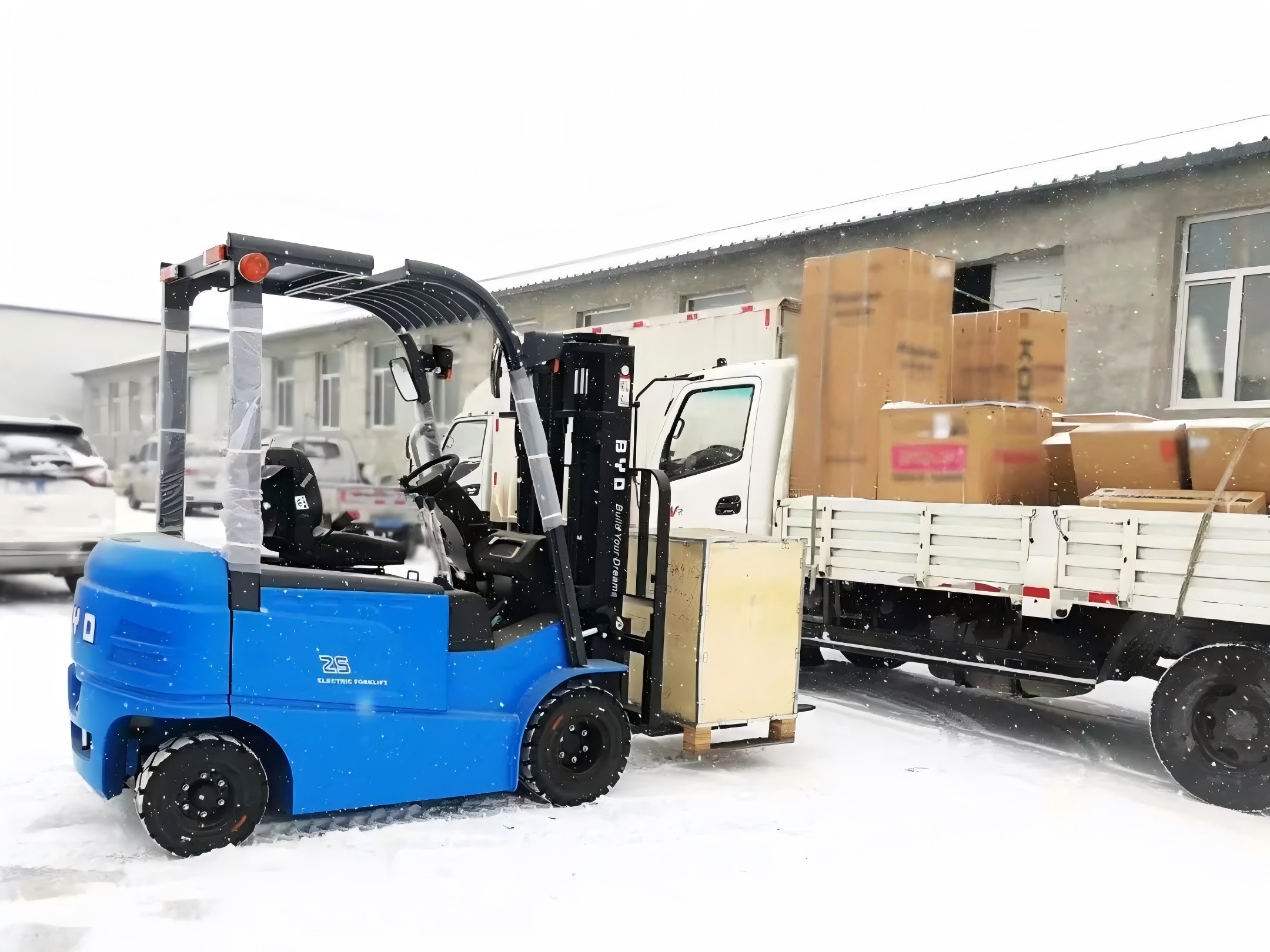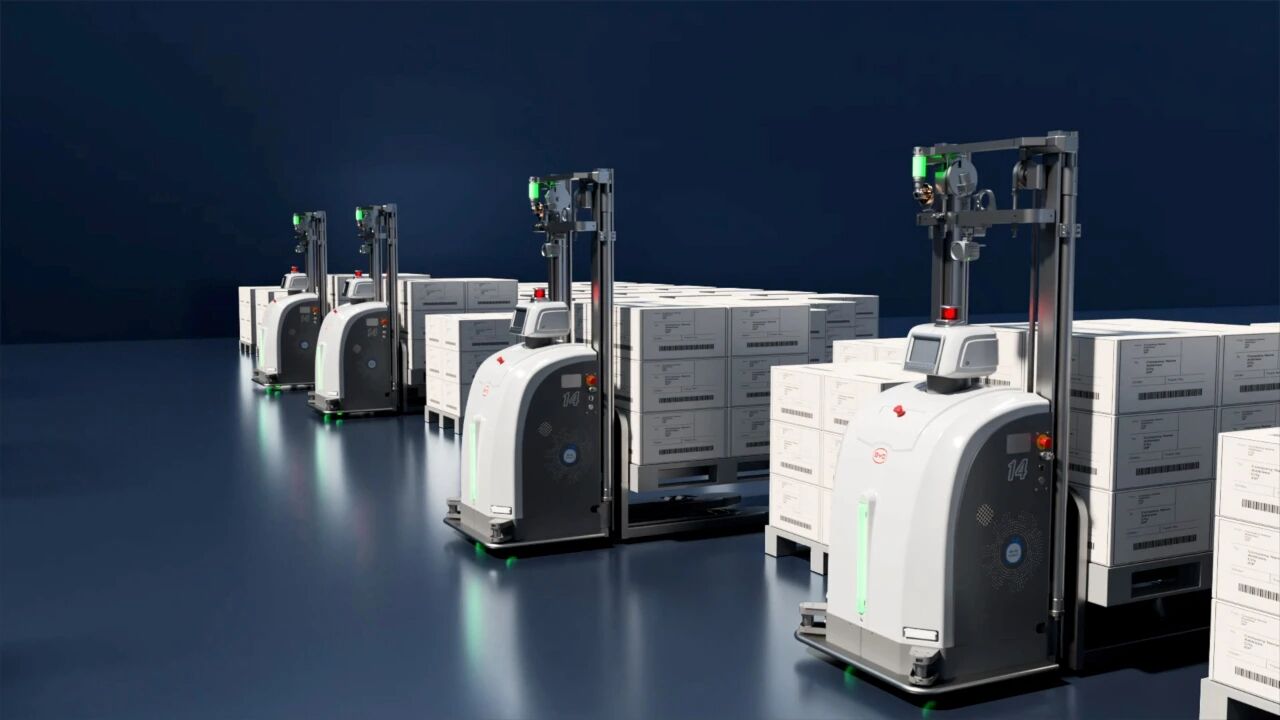In today's era where IPs and brands are prevalent, how to choose the product with the best cost performance is always the topic that people care about the most. Especially in the logistics industry, which is relatively more cautious about equipment usage, how to buy a product with high cost performance that is durable and suitable for one's own working conditions has become a difficult problem for equipment purchasers.
When it's hard to make a choice, it might be a good idea to listen more to the feedback from equipment users. Perhaps this can help us easily find the suitable product among the numerous brands.
Fully autonomous production is more attractive.
A boss from the coal industry said, "When it comes to forklifts for moving, choose BYD. They are sturdy, durable and safe. Even in a coal dust-filled working environment, there's no problem. Other working conditions are even better."

It is reported that this enterprise mainly engages in the sales and transportation of finished coal. Due to environmental protection and fire safety requirements, it has uniformly upgraded the transportation and handling equipment in the factory area, replacing the former internal combustion engines with lithium batteries. During the equipment update process, the enterprise has always adhered to the principle of brand first. The person in charge of the enterprise's purchasing department said, "We believe that BYD forklifts, as they independently complete the manufacturing of the three electric components and the vehicle, offer better quality assurance for the entire vehicle, or in other words, a higher degree of matching between the battery and the vehicle."
Following this brand recognition, the enterprise matched the vehicle models with its needs. Since the daily handling requirements mainly focus on the finished coal stage, the primary indicators are the waterproof and dustproof levels. This is to avoid vehicle malfunctions caused by coal dust and potential safety risks from the vehicle's power supply. After investigation, it was found that all BYD forklifts can achieve a waterproof and dustproof level of IP54 or above, fully meeting the daily safety usage requirements. The secondary indicator is tonnage matching. The enterprise hopes that the daily usage tonnage can meet the range of 2 to 4 tons. Within this range, the models that BYD forklifts can provide include the CPD45 counterbalanced forklift and the P30A walkie/pedestrian pallet truck. Both have their own advantages. The former has a wider range of application terrains, while the latter offers a broader field of vision. The CPD45 is mainly used for loading and unloading and handling in outdoor factory areas, while the P30A is mainly responsible for the transfer and dispatching within the warehouse.

It is reported that BYD forklifts recommend the CPD45 model instead of the CPD40 and lower tonnage models because they have fully considered that if the finished coal gets damp, the weight of the goods will increase. The CPD45 has a larger tonnage coverage range and can effectively ensure that the forklift can still easily lift the goods to the corresponding height even in special circumstances.
Three-electricity technology offers greater security.
A manager of a warehousing park from Northeast China said that due to the region they are in, they pay the most attention to the three-electricity process. The first is that there should be no leakage of electricity, the second is to avoid battery depletion as much as possible, and the third is that the battery should be as durable as possible.
There were other brands of new energy lithium battery forklifts being tested in their warehousing park, but after one winter, only the BYD forklifts remained. The reason was simple: they couldn't survive the cold winter. Under extremely cold conditions, only BYD forklifts could ensure an 8-hour workday without "skipping work", and even after being fully charged and left overnight, the battery capacity could still remain above 95% the next day.
"After the winter sets in in Northeast China, especially during the deep winter, the quality of new energy lithium battery forklifts becomes evident," the manager said. "During the deep winter, the battery's energy retention process is tested by the low temperature, and the large temperature difference between indoors and outdoors tests the vehicle's workmanship in anti-skid and anti-condensation water. From the two models we use, CPD20 and R15TJS, BYD forklifts have performed well."

Among them, the CPD20 performed very well on the snowy roads within the park and the slippery roads in front of the warehouse. It was stable and did not skid, and even when fully loaded and climbing uphill in snowy conditions, there were no problems. "The CPD20 in the park has been used for about three winters, and its performance has been good every year. We were worried about battery degradation and aging, but these issues have not occurred."
What is more remarkable is that the CPD20 in this park frequently shuttles between indoor and outdoor areas for transportation and handling. Condensation water easily forms on the vehicle body, and it can even freeze. However, up to now, there have been no faults in the vehicle's circuits, and even the cold-resistant rubber tubes and other cold accessories that protect the circuits have not been damaged or cracked, which is very surprising.
When talking about future development, the manager said, "With the future development of the park, we are actually considering introducing handling robots to achieve 24-hour operation of the park. We will still first consider BYD forklifts. After using them, we have confidence."

The above is just a snapshot of the usage scenarios and experiences of BYD forklift users. It may provide some assistance to those who need to use new energy forklifts and are currently in the process of purchasing them. We also hope that BYD forklifts can help more enterprises move towards a green, environmentally friendly and intelligent future.